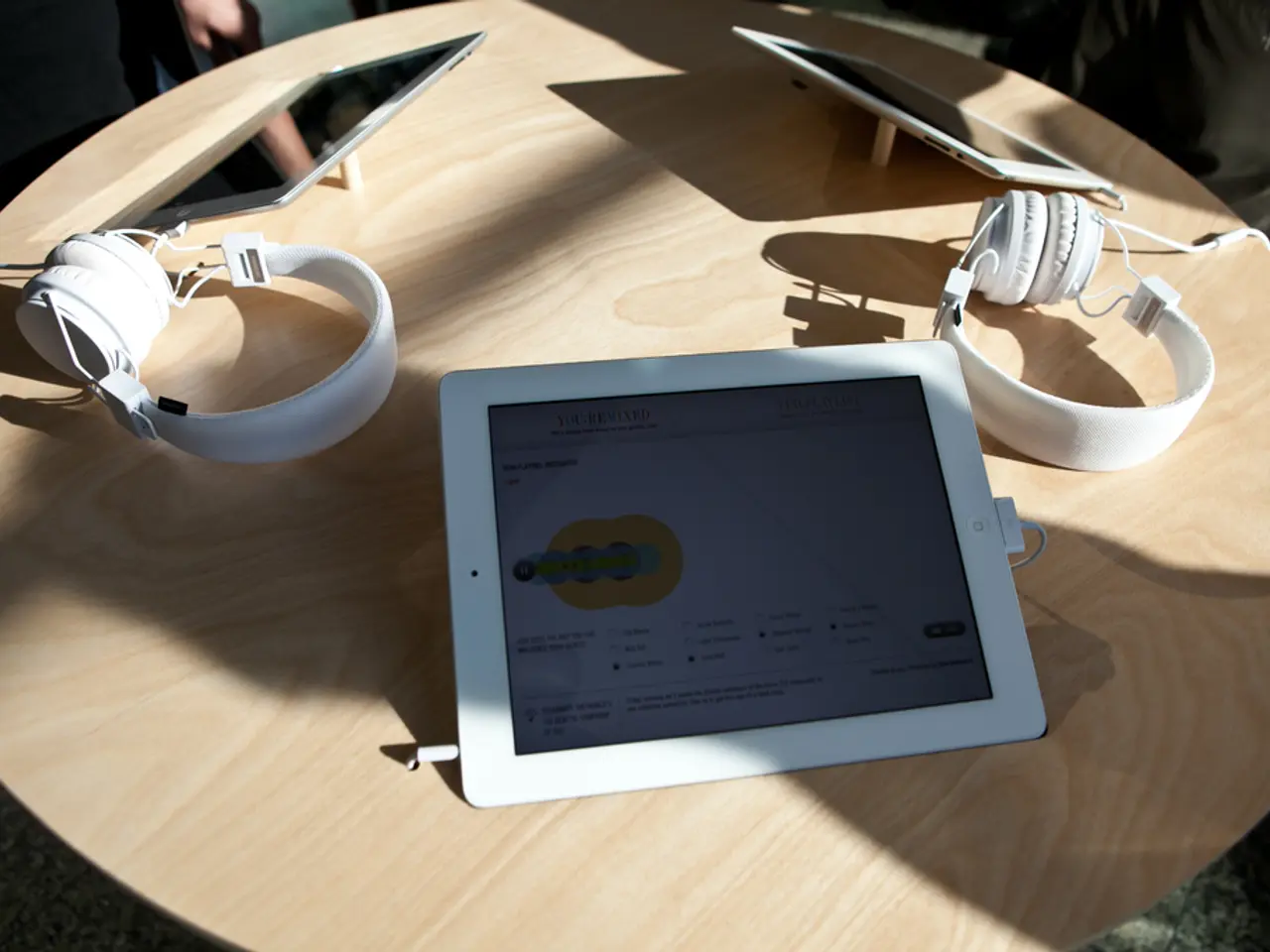A person with ALS is the pioneer in operating an iPad through thought alone, thanks to a brain sensor that's implanted.
In a groundbreaking development, a 65-year-old patient from western Pennsylvania named Mark Jackson has successfully controlled an iPad entirely by thought, thanks to an implantable brain-computer interface (BCI) developed by the company Synchron.
The BCI, known as the Stentrode, is a minimally invasive neural implant inserted via catheter into blood vessels near the brain's motor cortex. This innovative technology captures neural signals related to motor intent without the need for open brain surgery.
The neural signals are wirelessly transmitted to an external decoder that interprets Jackson's thoughts as digital commands. Synchron's system works seamlessly with Apple's new Brain-Computer Interface Human Interface Device (BCI HID) protocol, enabling iPadOS to receive brain-generated input natively.
This protocol also supports closed-loop communication, where the iPad shares real-time contextual on-screen data back to the BCI decoder to optimize accuracy and responsiveness. This allows Jackson to control his iPad through thought alone, using Apple’s built-in accessibility feature called Switch Control.
With the Stentrode, Jackson can navigate the iPad's home screen, open apps, compose text, and control the device without using hands, voice, or eye movements. This innovative technology restores autonomy and communication capabilities to people with severe motor impairments like ALS by allowing direct thought-based control of digital devices.
Jackson, who has ALS and has experienced paralysis in both arms and some weakness in his neck, expressed that he chooses to take a positive outlook on his situation, waking up every day and making the best of each day. He hopes for improvement in the scrolling function of future BCIs and wants to give hope to others in similar situations.
Dr. Tom Oxley, founder and CEO of Synchron, mentioned that this new technology will make the BCI profile a "sandbox" for various applications. However, there are unanswered questions about the long-term consequences and potential damage to the brain that may result from using BCIs.
Legal and ethical concerns about the protection of privacy and storage of private data collected by BCIs have also been raised. Dr. Leah Croll, a neurologist at Maimonides Hospital, stated that AI has accelerated the pace of BCI research.
It will likely take several years for the completion of the pivotal study and intended market approval for BCIs. The FDA has strict requirements for seeking approval for medical devices like BCIs, including an early feasibility study, a pivotal trial to prove safety and effectiveness, and post-market monitoring.
Jackson has been working with Synchron since 2023 and previously used a BCI to control an Apple Vision Pro. He has expressed that the new HID in his BCI has made accessing different apps, such as Netflix and social media, easier and quicker compared to the earlier version.
A representative for Apple did not immediately respond to a request for comment regarding Jackson's use of an Apple device with his BCI. As the field of BCI technology continues to evolve, it is exciting to consider the potential benefits for people with motor impairments and the future developments that may lie ahead.
- The groundbreaking Stentrode technology, developed by Synchron, allows people with severe motor impairments like ALS to control digital devices, such as iPads, through thought alone, thanks to the integration of artificial intelligence and Brain-Computer Interface Human Interface Device (BCI HID) protocol.
- Health and wellness technology, like the Stentrode, has the potential to revolutionize the lives of those with medical conditions, such as ALS, by restoring autonomy and communication capabilities, as demonstrated by Mark Jackson.
- With the ongoing advancement in technology and artificial intelligence, fields like science and medical research, such as Brain-Computer Interface (BCI), are accelerating at an unprecedented pace, raising both hope and ethical concerns about privacy and data storage.
- Businesses, particularly those in the health and technology sectors, are exploring the vast possibilities that brain-computer interfaces may offer, with Synchron envisioning various future applications for their innovative neural implant, the Stentrode.




